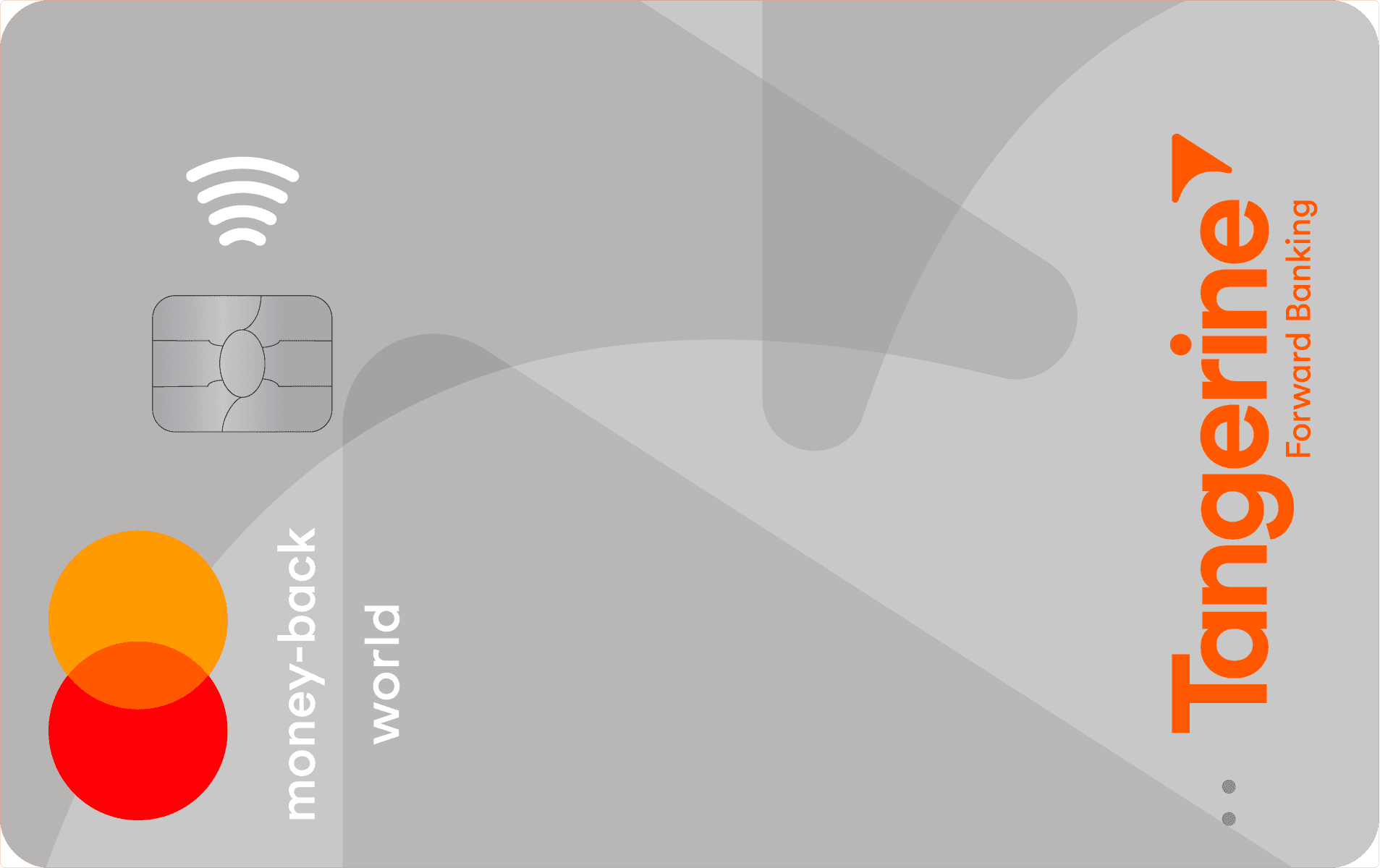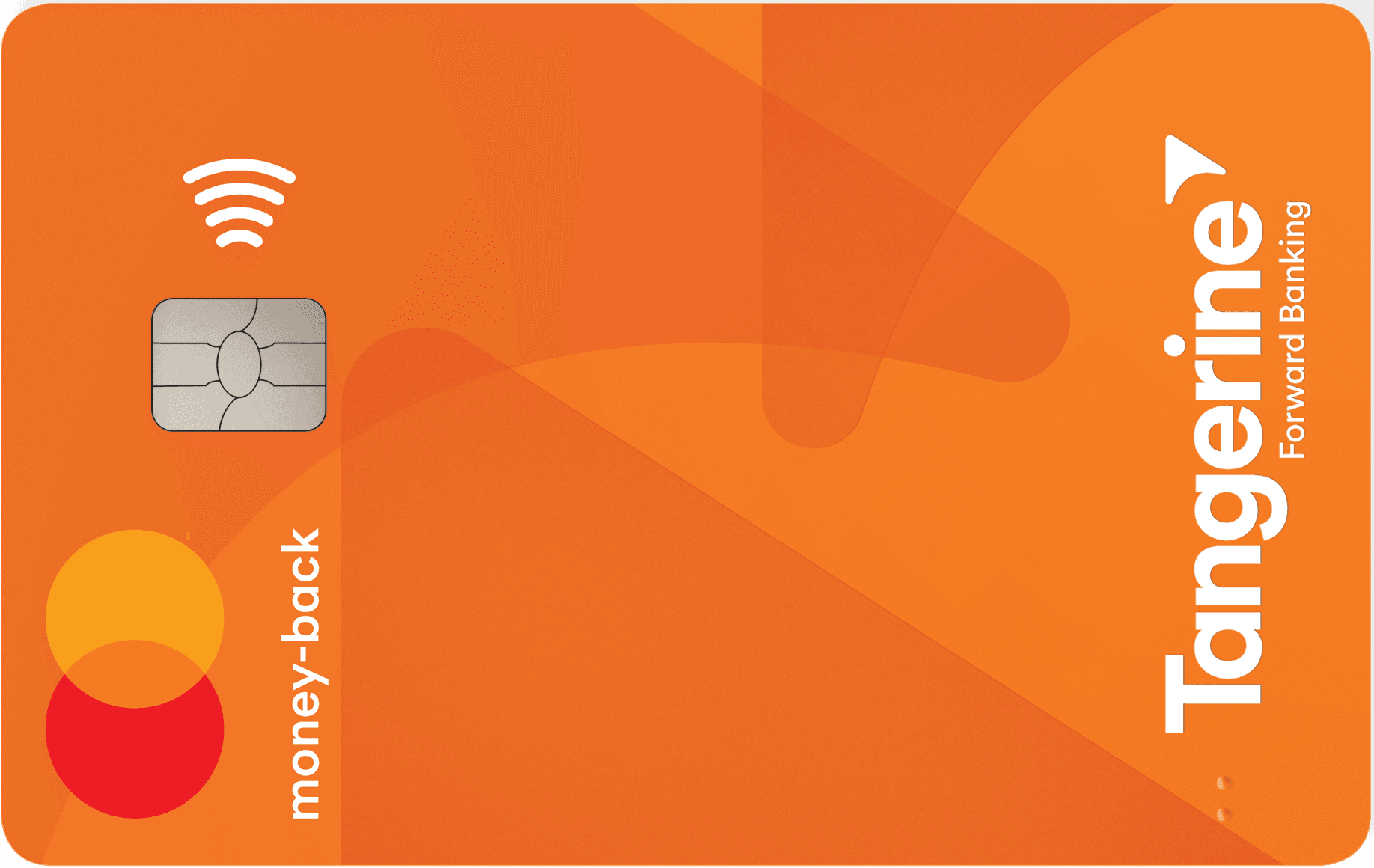Working hard in the background...
How to Build Credit with a Student Credit Card in Canada
Published Jan 10, 2026 12:49 PM • 5 min read
The last thing on your mind as a student is probably your credit score, but it shouldn’t be. Your credit score matters more than you might think. And how to build your score? Start early! But how do you build credit as a student? Luckily, you don’t need to earn a full-time income. Instead try using a student credit card. These cards are specifically designed for first-time credit users, offering lower limits, no annual fees, and approval requirements appropriate for a student. In this guide, we’ll break down how student cards work, what to consider, and common mistakes. We know building credit isn’t on your course syllabus, but that doesn’t mean it isn't important to learn.
Why Credit History Matters For Students in Canada
You might not have plans to apply for a mortgage anytime soon, but your credit score is still relevant. If you start building a credit history early on then it gives you a head start. Lenders, landlords, and even some employers use this history to assess how responsible you are with money. But what happens if you don’t have any credit history at all? That can be just as limiting as having a bad score.
A good credit score can help you:
- Qualify for lower loan rates. This applies to everything from car loans and mortgages to student lines of credit.
- Get approved on rental applications.
- Save money on security deposits for utilities and cell phone plans.
- Receive lower insurance premiums.
- Build trust with financial institutions so you can receive higher credit limits and lower interest rates.
Now, you might be wondering, “What is the best way to build credit history as a student?” A credit card is an ideal place to start. With a credit card, you don’t need to be a big spender, just a responsible one.
For more information, check out the Government of Canada’s guide on credit reports and credit score basics.
What Is a Student Credit Card? How Does It Work?
A student credit card is a card made to meet the needs of (college and university) students. Often, users of the card are new to building credit. These cards typically come with lower credit limits, fewer perks, and more lenient approval criteria compared to standard credit cards. But don’t let the modest features fool you. A student credit card is a powerful tool to use as you start building your credit history.
By using a student credit card regularly (and making on-time payments!) you start creating a positive credit record that can benefit you later when you apply for a car loan or rent an apartment. It may even help you qualify for better job opportunities, as some employers will check your credit score.
Think of student credit cards as a financial tool. Used wisely, they can help you build your credit score and set you up for success. With irresponsible use, though, they can lead to a damaged credit profile (not to mention debt). Remember that the goal here isn’t to rack up charges but to prove that you can borrow responsibly and pay it back on time.
Choosing the Right Student Credit Card
Not all student credit cards are created equal. Some have flashy rewards, while others focus on the essentials (like helping you build credit without going into debt). When you’re picking your first card, focus on features that support your goals. Look for:
· No annual fee. As a student, you don’t need extra expenses.
· A low interest rate or even a 0% introductory rate. This gives you more flexibility if you can’t pay your full balance right away.
· Credit reporting to both Equifax and TransUnion. You want your positive payment history to show up on both major credit reports.
· Rewards. Cashback or points on purchases like gas can be a bonus, but remember that they’re not essential. Credit building comes first.
Before applying, think about how you spend money. Do you primarily use public transit? Buy groceries near campus? Shop online? A card that aligns with your habits will be more useful than one that looks good on paper. You can find the right student card for you at the best student credit cards in Canada.
How to Use a Student Credit Card in a Responsible Way
When used wisely, your student credit card can help you build a solid credit score. But reckless spending? Now, that can create financial problems that follow you for years.
Before you begin spending on your new student credit card, consider these simple habits to help keep you on track.
· Pay your balance on time. Every time. Late and missed payments can hurt your credit score and lead to penalty interest rates.
· Do not treat your credit card like it’s free money. It’s easy to overspend when the cash isn’t leaving your bank account right away. A wise move is to stick with purchases you know you can pay off in full.
· Keep your balance low. A good rule is to stay under 30% of your credit limit to keep your credit utilization ratio at a reasonable level. For example, if your card limit is $2,000 then try to keep your balance below $600.
· Avoid applying for too many cards at once. Each application results in a hard inquiry, which, according to credit rating agencies, can temporarily lower your score. Stick with one credit card to start.
· Think twice about paying your tuition with your card. Charging your tuition expenses to your new card is likely not the best idea. If your school allows it at all.
· Steer clear of cash advances. These often have additional one-time fees and charge elevated interest rates.
· Always review your monthly statement. Doing so can help you catch mistakes and fraudulent charges.
· Analyse your credit report. Mistakes can happen. Not to mention identity theft. Make it a habit to check your credit report at least once a year.
Tip: Credit Card Mistakes College Students Make, Plus How to Avoid Them.
Student Credit Cards After Graduation
Graduating from school doesn’t just mean transitioning into your career in the “real” world. It also means your credit profile starts to matter even more. Most student credit cards automatically convert to regular cards after graduation. But this is a good time to reevaluate your options. You might qualify for a credit card with higher rewards or lower interest rates once you have more income.
One thing you shouldn’t do? Cancel your card. Even if you plan to upgrade, keeping that account open helps build your credit history and improves your credit score over time. A longer credit history shows potential lenders that you have years of experience with responsible credit management.
Final Thoughts
Getting a student credit card isn’t about playing the points and miles game – it is much more important than that. Instead, think of it as a way to lay the groundwork for your credit history. Starting young gives you a leg up, but only if you manage your usage wisely.
Begin by charging your credit card for small, regular expenses, but make sure that you pay your bill in full and on time! Doing so can help build your credit score, establish trust with lenders, and set you up with better options down the line. Because with responsible use, your student credit card can be one of the most powerful tools you have to shape your financial future.
Frequently Asked Questions
You can. Most student credit cards don’t require employment income to qualify. You may need to declare other sources of funding, though. For example, do you have scholarships? What about family support? Or, even a side hustle like babysitting. Whether or not you have regular income, keep your credit use low and always pay your balance completely to avoid interest charges.
Consistency. Make on-time payments and keep your balance below 30% of your credit limit. Also, avoid applying for numerous credit cards at the same time. Using one card responsibly over time does more for your score than opening multiple accounts.
Technically, you can, but should you? More cards don’t necessarily mean better credit. Managing multiple cards increases the risk of missed payments or overspending. It’s often ideal to stick with one or two cards and focus on responsible use.
Trending Offers

Tangerine® Money-Back World Mastercard®*

Tangerine Money-Back Mastercard

Neo World Elite® Mastercard®

Scotiabank Passport® Visa Infinite* Card
About the author

Lauren Brown
Editor
Lauren is a freelance copywriter with over a decade of experience in wealth management and financial planning. She has a Bachelor of Business Administration degree in finance and is a CFA charterholde...
SEE FULL BIOAbout the editor

Faith Ogunkanmi
Editor
Faith is a seasoned finance professional with over six years of experience specializing in credit analysis, financial risk assessment, and business/personal lending. My background includes extensive w...
SEE FULL BIO